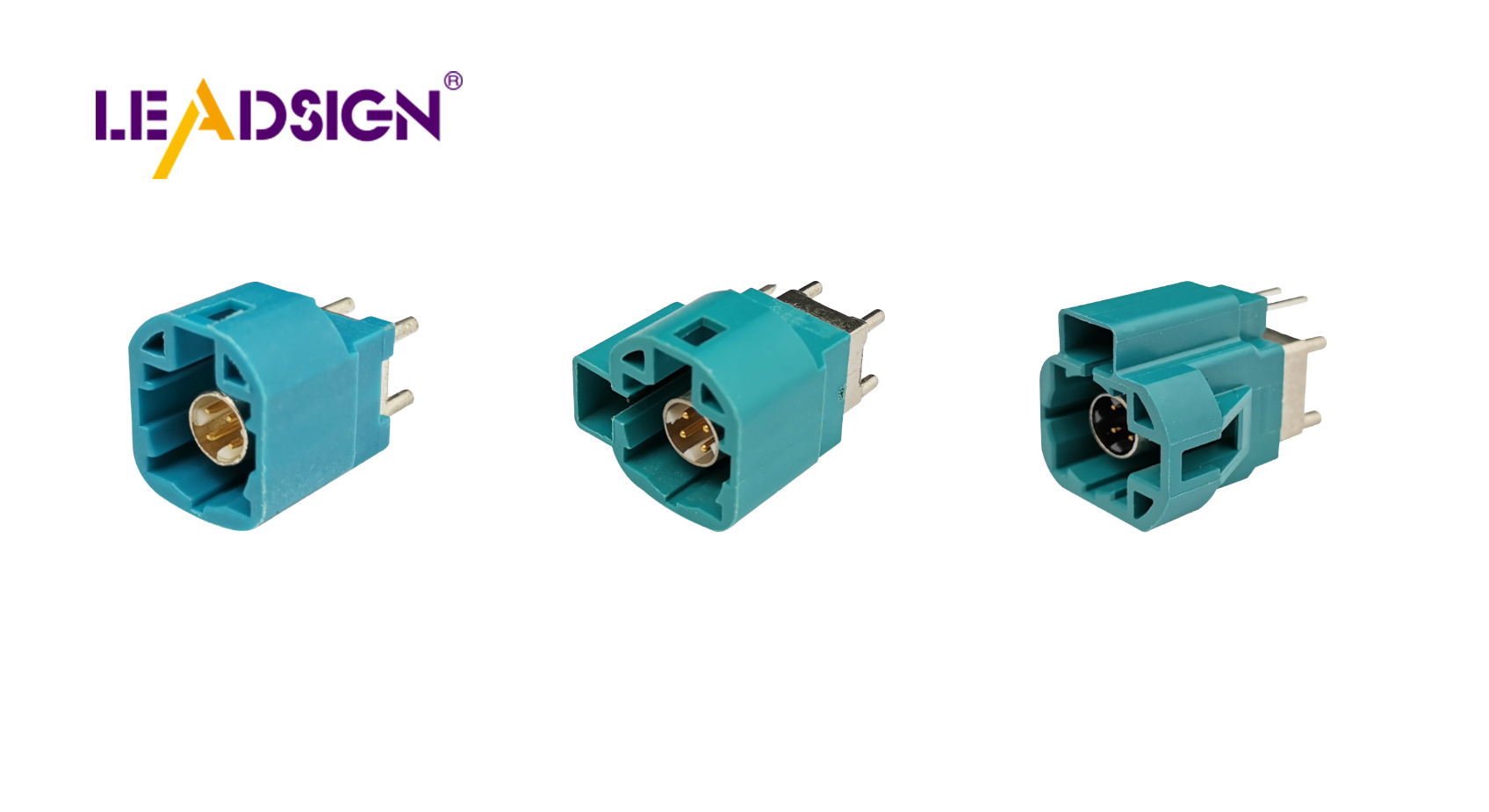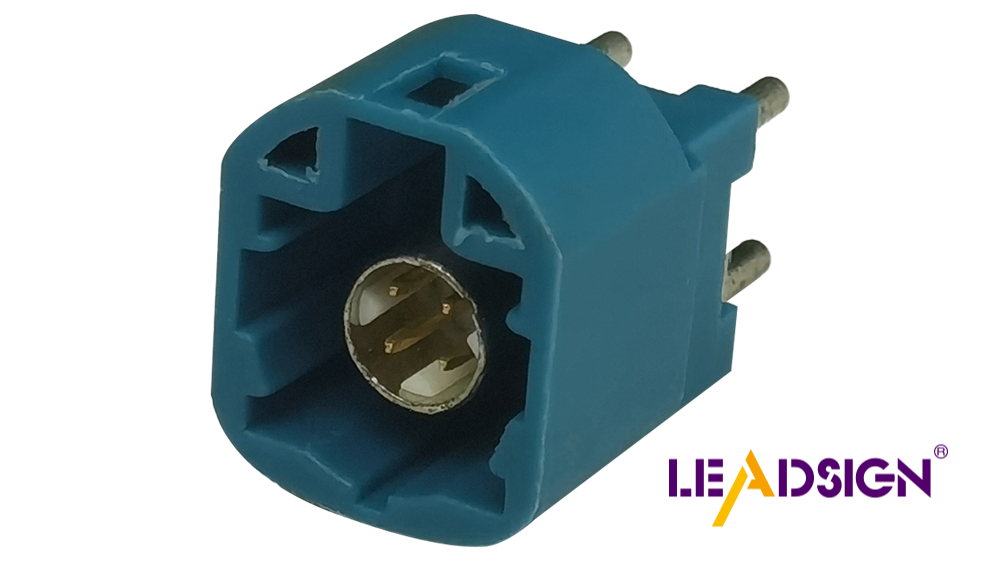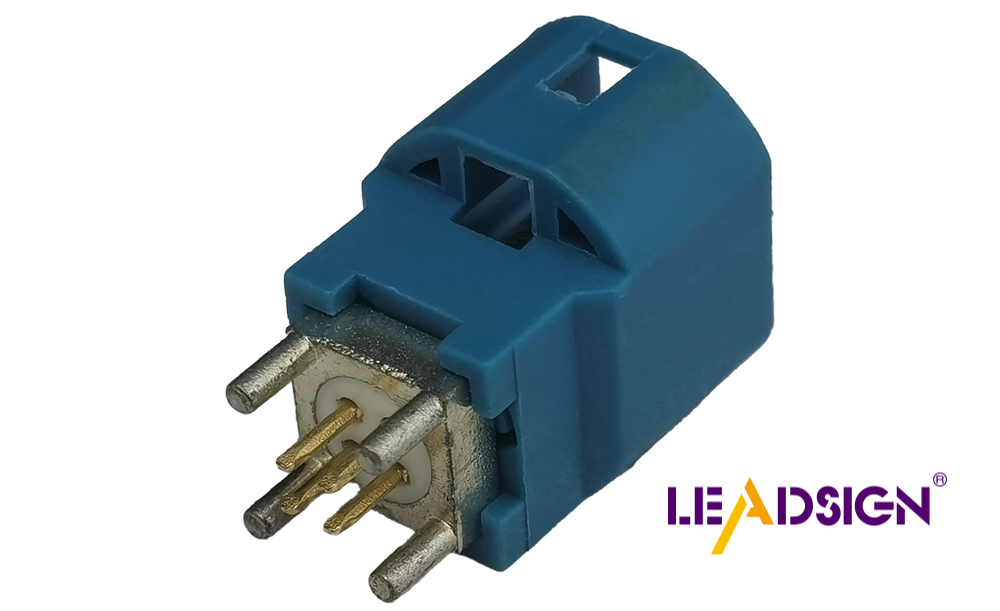Mastering Automotive Plugs and Connectors in 2025

Car connector plugs are very important in today’s vehicles. They connect electrical parts, ensuring that power and data move smoothly. These plugs prevent issues by maintaining strong connections. As the car plug market grows, understanding them is key for future cars in 2025.
Key Takeaways
Car plugs connect electrical parts in vehicles. They help power and data flow smoothly, avoiding problems.
Knowing the three types—power, signal, and hybrid—helps pick the right plug for your car.
In the future, electric cars will need special plugs. Safety rules will get stricter, and new technology will need better connectors.
Types of Car Connector Plugs

Knowing car connector types is important for modern cars. These plugs help send power, data, and connect systems. Below are the three main types.
Power Connectors
Power connectors are key to a car’s electrical system. They send electricity to parts like engines and lights. Pin connectors are strong and handle high currents. These are needed for systems that work hard and need to last.
Power connectors are used in:
Engine systems.
Light circuits.
Electric motors.
Voltage Rating | Current Rating |
|---|---|
650V | Up to 250A |
1000V | 400A (95mm²) |
1000V | 450A (120mm²) |
Signal Connectors
Signal connectors move data between sensors and control units. They keep systems like airbags and brakes working safely. These plugs also help with new tech like self-driving cars and smart features.
Why signal connectors matter:
Help data flow smoothly.
Support electric car systems.
Work well in heat and vibrations.
Aspect | Power Connectors | Signal Connectors |
|---|---|---|
Primary Function | Send power to devices | Move data signals |
Signal Types | AC, DC, and portable power sources | RF, Digital, and DC signals |
Hybrid Connectors
Hybrid connectors mix power, data, and signals in one plug. They make wiring easier and save space in cars. These connectors are smaller and lighter, perfect for modern vehicles. They also speed up assembly and lower costs.
Benefits of hybrid connectors:
Make wiring simpler.
Allow faster assembly with auto-plugging.
Hybrid connectors are crucial for future cars. They help systems work smoothly and meet new tech needs.
Key Technical Details of Car Connector Plugs
Voltage and Current Ratings
Voltage and current ratings show how much power plugs handle. Pick connectors that fit your car's power needs. For example, the IEC 62196-1 plug works with 690VAC and 250A. This makes it great for high-power uses. TE’s AMP+ HVA 280 supports 600V to 850V systems. It handles up to 40A at 85℃. For bigger needs, TE’s AMP+ HVP 800 manages 650V to 1000V. It can carry up to 250A of current.
Connector Type | Voltage Rating | Current Rating |
|---|---|---|
IEC 62196-1 | Up to 690VAC | 250A |
TE’s AMP+ HVA 280 | 600V-850V | Up to 40A |
TE’s AMP+ HVP 800 | 650V-1000V | Up to 250A |
Material and Strength
The material of plugs affects how strong they are. Good materials like copper or brass help with power flow. Plastic housings are light and resist heat well. They work for most cars. Metal parts are stronger and resist rust. They are better for tough conditions. Metal also blocks electromagnetic interference, which is key for advanced systems.
Material | Use | Properties |
|---|---|---|
Plastic | Plug housing | Light, heat-resistant |
Metal | Contact parts | Strong, rust-resistant |
Weather Resistance
Weather can affect how plugs work. Choose plugs that handle heat and moisture. ISO 6722 and SAE J2030 standards test for these conditions. Heat tests check performance in extreme temperatures. Water tests ensure plugs stay sealed. These tests make sure plugs work well in real life.
Tip: Look for ISO 6722 or SAE J2030 standards. These ensure plugs handle tough conditions.
Ensuring Compatibility and Choosing the Right Car Connector Plug

Industry Standards and Pin Configurations
Make sure your car plug follows industry standards. These rules ensure safety and reliability. Groups like ISO, IEC, and SAE create these guidelines to help you pick the right plug.
Standard | What It Covers |
|---|---|
ISO 6722 | Sets rules for car cables, like heat and rust resistance. |
ISO 26262 | Focuses on keeping car electronics safe and reliable. |
IEC 61076 | Lists technical needs for different car plugs. |
IEC 60664 | Explains insulation needs for electrical parts, including plugs. |
SAE J2030 | Tests how well car plugs work in real-world conditions. |
SAE J1171 | Covers design and testing of car electronic plugs. |
The number of pins in a plug is important. Pins match the wires they connect. For example, a pigtail plug must have the same pin count as its wires. Some plugs have one pin, while others have over 70. Flat plugs fit tight spaces. Round plugs are better for open areas.
Assessing Vehicle-Specific Requirements
Each car system has special needs. Brake systems need plugs that handle high power. Light circuits need plugs that resist rust. Plug size matters too. Big plugs carry more power but may not fit small spaces. Small plugs save space but can’t handle heavy loads. Check the material and strength of the plug to match your car’s needs.
Future Trends in 2025
Cars are changing fast. By 2025, three big trends will affect car plugs. First, more electric cars will need special plugs for batteries and charging. Second, stricter safety rules will require stronger plugs for safety systems. Third, advanced car tech will need new types of plugs for complex systems.
Tip: Learn about these trends to pick plugs that work for future cars.
Knowing car plugs is important for today’s vehicles. These plugs help systems like ADAS and infotainment work together. They are strong and last through tough conditions. As cars get more advanced, check plug types and specs to match system needs.
To pick the right plug in 2025, look at the car's electrical area and plug size. Use good materials like copper for strength and power flow. For rough conditions, choose sealed plugs that resist water, heat, and shaking. These tips will help future car systems work well.
FAQ
1. How can you pick the right connector for your car?
Look at your car's electrical needs. Match the connector's voltage, current, and pins to these needs. Always use connectors that meet industry standards.
2. Why are hybrid connectors good for modern cars?
Hybrid connectors handle power, data, and signals together. They save space and make wiring easier. They also speed up assembly, making them great for advanced systems.
3. Why does weather resistance matter for car connectors?
Weather-resistant connectors block heat, water, and rust damage. This keeps your car's systems working well in tough conditions.
See Also
Harnessing High-Speed FAKRA-Mini Connectors for Automotive Innovation
Enhancing Data Flow in Vehicles with Advanced Connectors
Fakra Connectors: Essential Components for Today's Vehicles
Boosting Data Transfer with High-Speed Automotive Connectors

